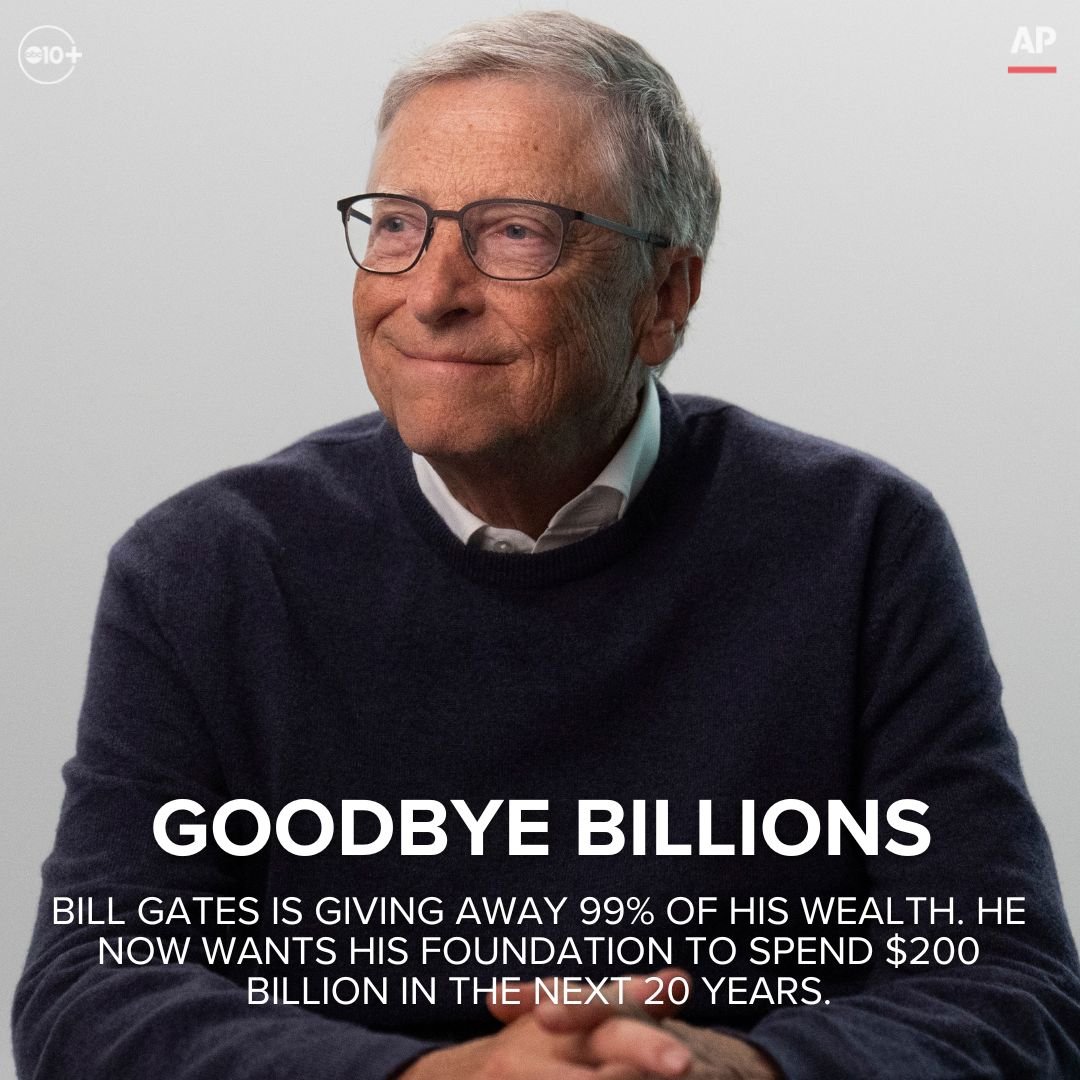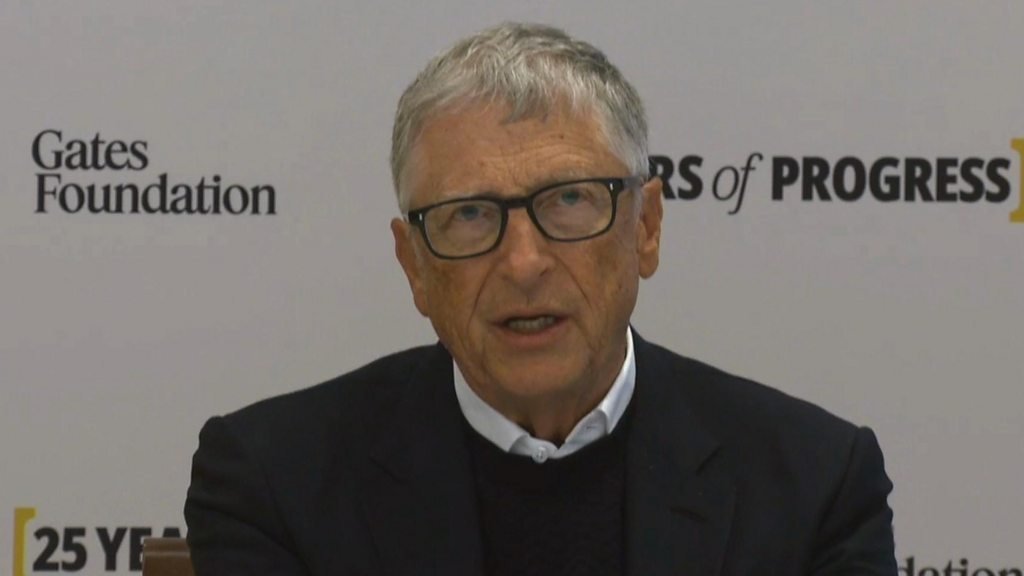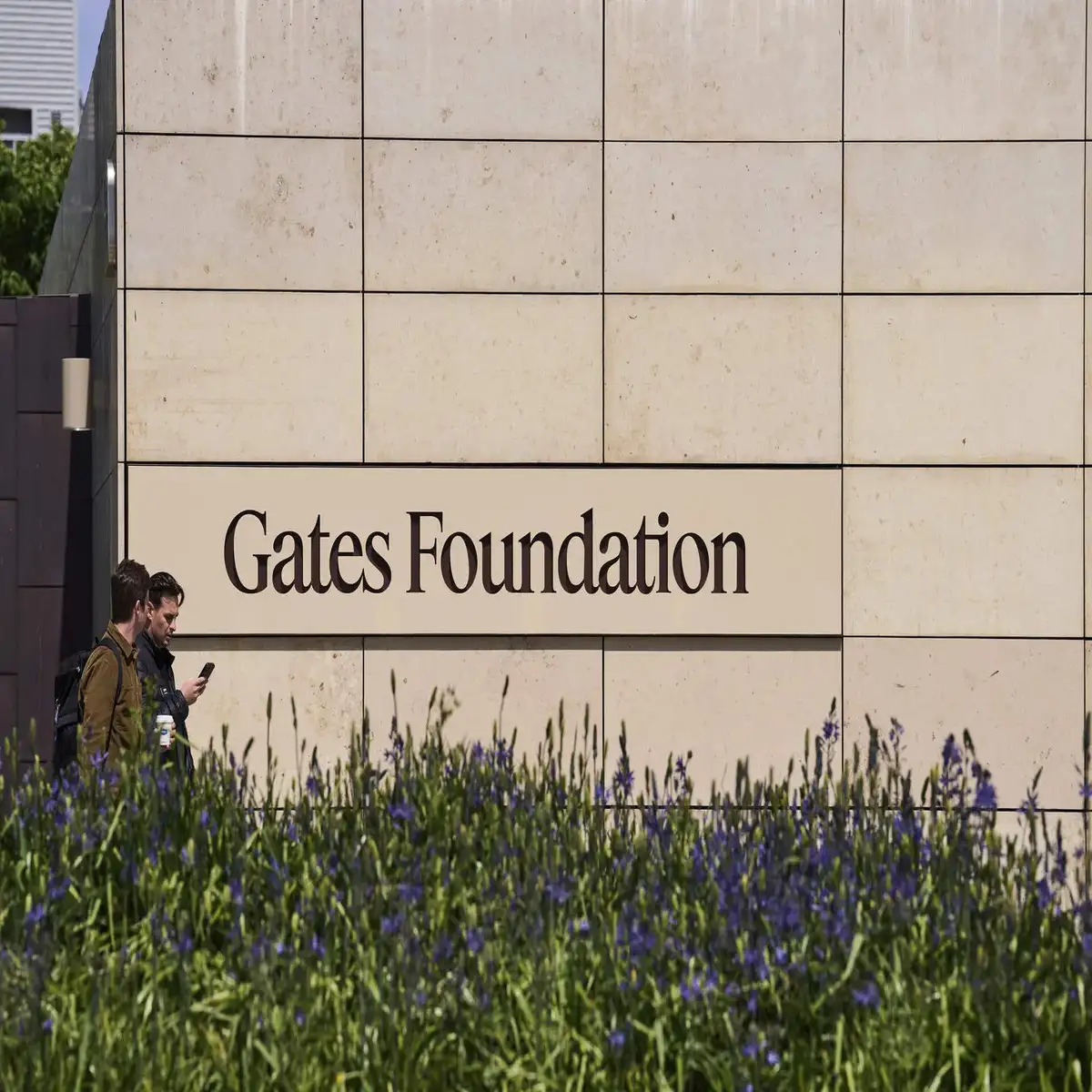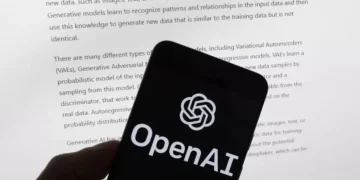Overview
Bill Gates, the co-founder of Microsoft, has announced plans to allocate nearly all of his vast fortune to philanthropic efforts, with a target to complete this process by 2045. His foundation, the Gates Foundation, has emerged as a central tool for addressing global health challenges, poverty, and the prevention of infectious diseases. To date, the foundation has provided approximately $100 billion toward various humanitarian projects and plans to distribute an additional $200 billion over the next two decades. This accelerated timeline reflects the urgency Gates associates with addressing preventable deaths and alleviating poverty.
Philanthropic Goals and Initiatives
Gates has outlined three main priorities for his foundation:
- Eliminating Preventable Deaths
The foundation is focused on reducing mortality among mothers and children by addressing health risks that can be avoided with proper medical care and resources. - Combating Infectious Diseases

495381463 1161824872654363 6381805070478307992 n Funding has been prioritized for eradicating diseases such as malaria, HIV, and measles. Through the distribution of vaccines and the development of innovative treatments, the foundation aims to significantly curb the spread of these illnesses.
- Ending Extreme Poverty
Efforts to lift millions out of poverty include investments in education, economic opportunities, and healthcare systems in resource-limited settings.
The scope of these goals reflects Gates’ commitment to tackling systemic barriers that disproportionately affect the world’s poorest communities.
Financial Pledge and Timeline
Gates has committed to giving away 99% of his net worth, which Bloomberg estimated at $108 billion as of this year. While this generous pledge would still leave him a billionaire, his plans to distribute wealth signify one of the boldest philanthropic undertakings in history. The foundation, backed by its substantial endowment, intends to cease operations entirely by 2045, marking the completion of its mission.
Influence and Criticism

Gates has credited fellow philanthropist Warren Buffett for inspiring his approach to wealth redistribution. However, his efforts have faced skepticism, with some critics accusing the Gates Foundation of using its charitable status to gain undue influence in global health policies and avoid taxes. Despite these challenges, the foundation’s contributions, such as funding vaccines and addressing widespread poverty, underscore its wide-reaching impact.
Broader Implications of Foreign Aid
Gates has expressed concerns about cuts to foreign aid budgets by several developed nations, including the United States, United Kingdom, and France. He criticized policies that reduce funding for critical healthcare and development programs, which he argues jeopardize the well-being of vulnerable populations. Such reductions, according to Gates, undermine global efforts to tackle diseases and poverty at their root causes.
Legacy and Impact
In shaping his legacy, Gates cites Andrew Carnegie’s principle that dying wealthy equates to dying in disgrace. He has incorporated this philosophy into his personal and philanthropic endeavors, emphasizing the moral obligation of billionaires to contribute meaningfully to society. His decision to accelerate donations reflects his belief in the value of addressing today’s challenges without delay.
This monumental commitment not only cements Gates’ influence in philanthropy but also sets a precedent for future donors to take on global issues with urgency and purpose. Through his focus on solutions like vaccines, poverty alleviation, and disease prevention, he aims to transform lives and address pressing humanitarian needs by the year 2045.
Frequently Asked Questions
What causes is Bill Gates prioritizing as he donates his wealth?
Bill Gates is focusing on major global challenges such as improving healthcare, eradicating diseases, advancing public education, and reducing poverty. Efforts to combat climate change and expand access to technology in underprivileged regions are also central to his philanthropic work.
How does Bill Gates intend to give away his wealth by 2045?
Gates plans to allocate nearly all his fortune through systematic donations, primarily funneled through the Bill & Melinda Gates Foundation. The goal is to gradually increase spending over the next two decades until its resources are fully utilized.
What are the objectives of the Gates Foundation during the lead-up to 2045?

The foundation aims to address key crises worldwide, with an emphasis on improving lives in low-income communities. This includes investing in vaccine development, fighting health inequalities, ensuring quality education, and supporting innovative solutions for sustainable development.
Which nonprofit organizations might gain from Bill Gates’ donations?
In addition to the Gates Foundation, other organizations working in healthcare, education, and poverty reduction are expected to benefit. Collaborations with local and international charities focused on critical issues may also play a role in this initiative.
How could Bill Gates’ philanthropic efforts influence health and education globally?
His financial contributions could significantly enhance access to vaccines, reduce preventable diseases, and improve sanitation infrastructure. In education, funds may help create equitable learning opportunities and foster innovations in teaching methods for underserved communities.
What strategies is Bill Gates employing to distribute his wealth wisely?
To ensure effective allocation, Gates is using a combination of targeted grants, data-driven philanthropy, and partnerships with trusted organizations. Regular evaluations and transparent reporting are integral to accountability and maximizing the impact of his donations.














































